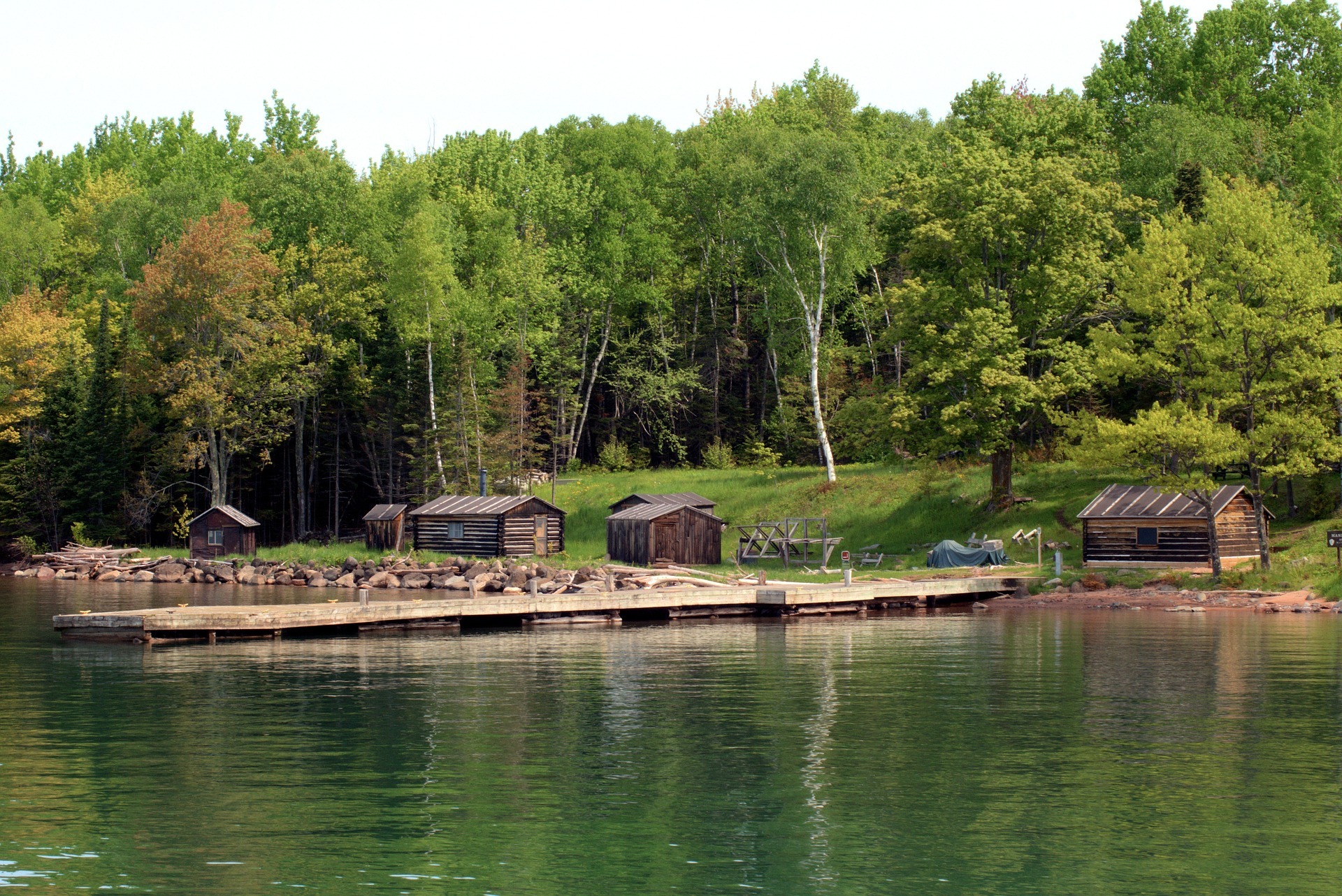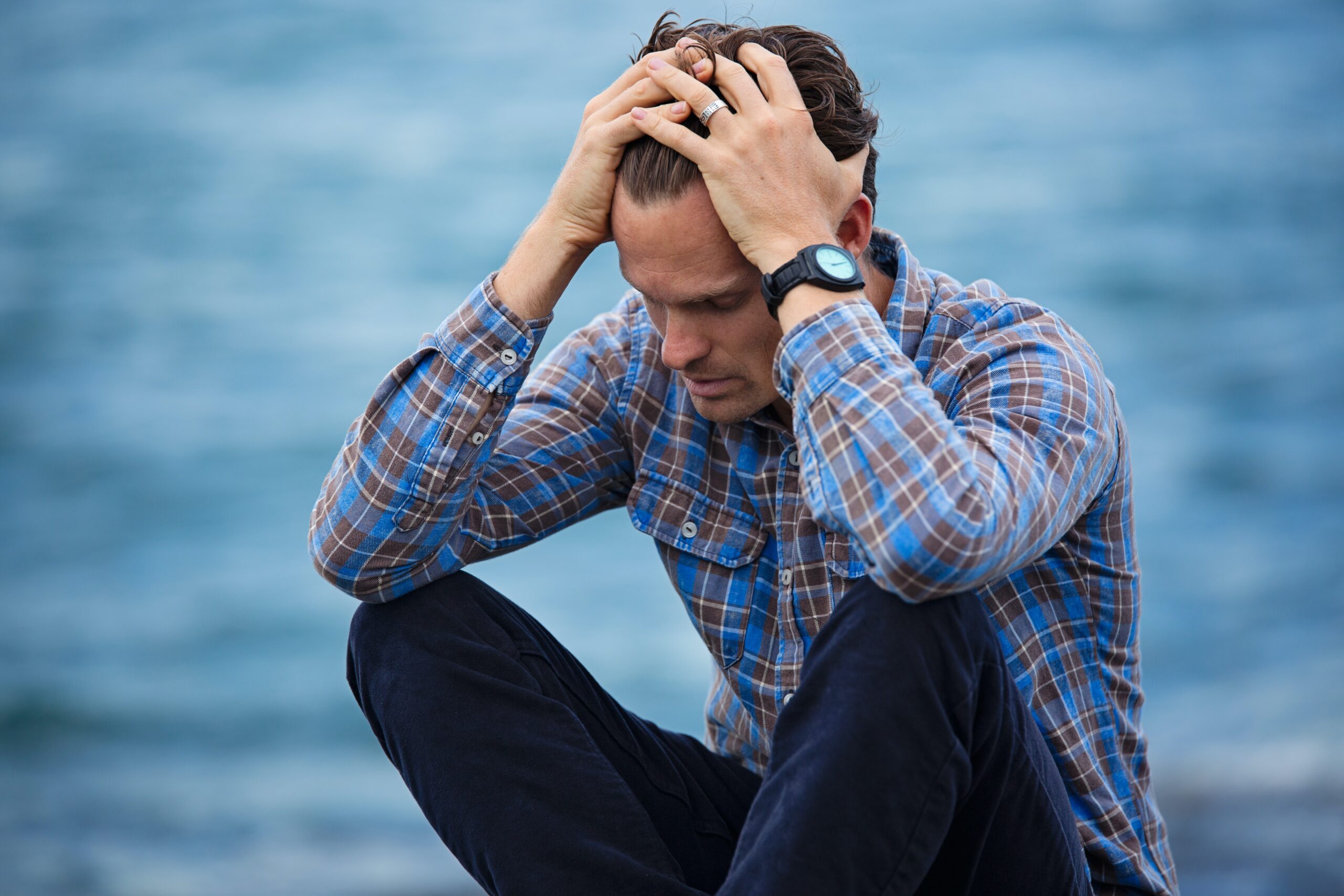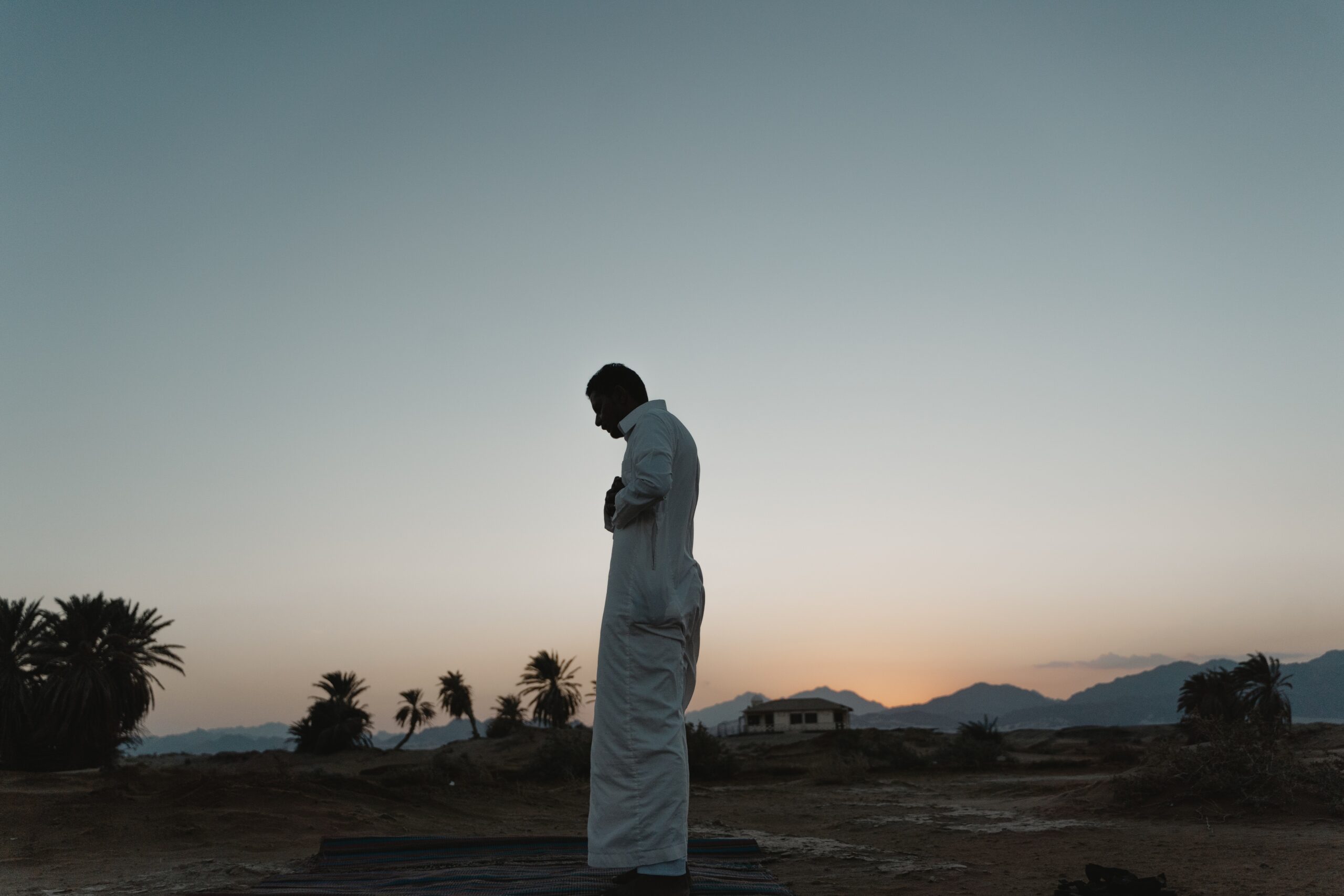The number of people opting to “go off the grid” or give up traditional forms of communal assistance has increased during the past several years. Attempts to live a more self-sufficient, sustainable life, formerly the purview of extremists and survivalists, are gaining popularity among the general public. Environmental worries and the pursuit of individual freedom are just two of many interconnected factors at play here. Let’s explore why more people are opting to go completely off the grid and what that could mean for our culture and the planet in the long run.
There is a Growing Concern for the Environment
Living off the grid is becoming increasingly popular as a result of rising environmental awareness. There is a growing consensus that we must urgently address environmental threats, including global warming, deforestation, and pollution. It is possible to lessen one’s influence on the environment by cutting ties with the grid and adopting a more sustainable lifestyle.
Relying on renewable energy sources like solar or wind power is a major part of off-grid lifestyles that help protect the environment. Individuals may produce their own power from renewable sources, eliminating their reliance on fossil fuels, a major contributor to global warming and other environmental concerns. Including renewable energy sources like solar panels, wind turbines, etc., can help accomplish this goal.
Living off the grid can also encourage more sustainable behaviors in terms of water usage, trash management, and food production. Individuals, for example, can collect rainwater for drinking and cooking, minimizing their dependency on municipal water supplies. Composting garbage can also help to reduce greenhouse gas emissions and enhance soil health while growing one’s own food can help to minimize carbon emissions connected with transportation and industrial agriculture.
Aside from the environmental benefits of living off the grid, many individuals find that it creates a stronger connection to nature and a more meaningful way of life. Individuals can rediscover the delights of a simpler, more real life that stresses human connection, creativity, and self-sufficiency by minimizing their dependency on contemporary conveniences and technology.
Desire for Self-sufficiency
The need or desire for independence from outside resources is a major motivator for people to seek out off-grid lifestyles. Independence from the state, companies, and even public utilities is a major benefit of being off the grid. This may be enticing to you if you place a premium on personal freedom.
Living off the grid encourages independence in many ways, but one of the most important is that it allows people to produce their own electricity, water, and food. Individuals can generate their own electricity using renewable energy sources instead of buying it from conventional utilities. One other way to get water that isn’t through the city’s system is to collect rainwater or drill a well.
Self-sufficiency and less reliance on industrial agriculture and grocery shops are two further benefits of cultivating some of one’s own food. Sustainable and environmentally friendly food production is possible for individuals through gardening and animal husbandry.
Learning new trades like carpentry, plumbing, and electrical work is a standard part of off-the-grid living and can help residents feel even more capable and confident in making decisions for themselves. People can save money and lessen their reliance on specialists and service providers if they learn to fix and maintain their own infrastructure.
Self-sufficiency has many valuable effects, but many people also report feeling more confident and capable after experiencing life away from the grid. Individuals might feel more confident in their capacity to face problems and traverse the uncertainties of life by taking control of their lives and lessening their dependence on external entities.
Off-Grid Living is an Escape from Societal Pressures
More people are looking for ways to live independently from the rest of society for various reasons. The continual noise, pollution, and diversions of urban and suburban regions can make keeping up with the fast-paced, high-stress lifestyle that characterizes much of modern living especially difficult for some people. Some people find that leaving the grid allows them to escape the noise and chaos of modern life and return to a more peaceful, traditional one.
Off-the-grid living is alluring because it allows individuals to escape the noise and chaos of the modern world. The city life’s hustle and bustle can be replaced by the soothing sounds of nature, allowing residents to relax and recharge in an atmosphere that is better suited to their needs. Anxiety, stress, and other mental health problems may benefit greatly from this.
Some people find that leaving the grid behind allows them to finally feel free. An individual’s sense of agency and autonomy increases when they are not tied to the expectations of others, such as a 9-to-5 job or the latest technological developments. One possible outcome is a more robust feeling of self-actualization and direction in life.
Furthermore, off-the-grid living can encourage stronger social interaction and community involvement, which can help to combat the alienation and disconnection that many individuals experience in modern society. Getting to know your neighbors and other people in the off-the-grid community can do wonders for your mental health by providing you with a strong antidote to the isolation and loneliness that are unfortunately so prevalent in today’s society.
Saving Money
In order to save money, a lot of people are seeking for methods to live off the grid. If people use less or no conventional utilities like power, water, or gas, they can save a lot of money on their monthly bills and over time.
Saving money is a major benefit of being off the grid, and one method to do this is by producing one’s own electricity through renewable means such as solar or wind. Solar panels and wind turbines can generate free electricity for years after installation, making up for the hefty upfront costs. Those in outlying or rural places, where the expense of connecting to the grid can be high, may find this option interesting.
You can save money every month if you choose to forego municipal water service and instead rely on a water tank. An alternative to the often-expensive municipal water supply is to collect and filter rainwater or build a well. Water efficiency measures, such as installing low-flow plumbing fixtures and washing machines, can also assist in reducing consumption and the associated costs.
Reducing visits to the supermarket and other commercial food sources is another way that being off the grid might save you money. Many people find they may greatly cut their food costs and even make a little money by growing their own food or rearing animals. Those in high-priced cities or places with limited access to healthy food may find this attractive.
Finally, because it encourages a simpler, more minimalist lifestyle, going off the grid can assist in cutting total living expenses. People can save money and have a more negligible impact on the environment by limiting their use of energy and resources and doing their own maintenance and repairs.
Personal Beliefs and Values
Many people are drawn to the appeal of off-grid living because it better aligns with their own personal ideals and principles. For some people, being completely off the grid is more than simply a way of life; it expresses their core morals and values.
A desire to live in greater harmony with nature is one of the key reasons people’s beliefs and ideals can drive them to live off the grid. Many people view the environmental destruction caused by modern society as reason enough to seek alternative lifestyles, such as off-the-grid living. Sustainable, eco-friendly lifestyles are a tangible manifestation of one’s commitment to environmental protection and the principles one holds dear.
A person may want to live off the grid to satisfy a need for autonomy and freedom. Some people consider their dependence on the contemporary world’s infrastructure and technology to be a flaw or an obstacle; therefore, they opt instead to live independently. Those who prioritize toughness, flexibility, and resilience may find this appealing.
A desire for privacy and independence from governmental oversight is also a driving factor in the decision to go off the grid. Some people believe that traditional governance and social organization must be improved to preserve individual rights in today’s more intrusive world. In choosing to live independently from the rest of society, one can carve out their secluded enclaves to freely practice their values and principles.
At the end of the day, one’s own set of views and values can drive one to seek out communities with others who share those same ideals. Finding like-minded people striving for a more sustainable, self-reliant, and values-driven lifestyle is a significant perk of off-grid living.
Items You Need for Off-Grid Living
Cutting your ties to the electrical grid is only one aspect of living off the grid; you also need to acquire survival techniques that will be useful if you ever find yourself in a scenario when your primary sources of energy and utilities are unavailable or inaccessible. You’ll need a few things if you want to live off the grid comfortably and safely, in addition to improving your survival skills. The items required to live off the grid are listed in the infographic below.
In conclusion, a variety of factors contribute to the growing popularity of off-grid living. Living off the grid is likely to become more popular as the globe struggles with concerns like climate change, resource depletion, and social isolation. For those who are interested in it, it offers a compelling alternative to the standard way of life.






